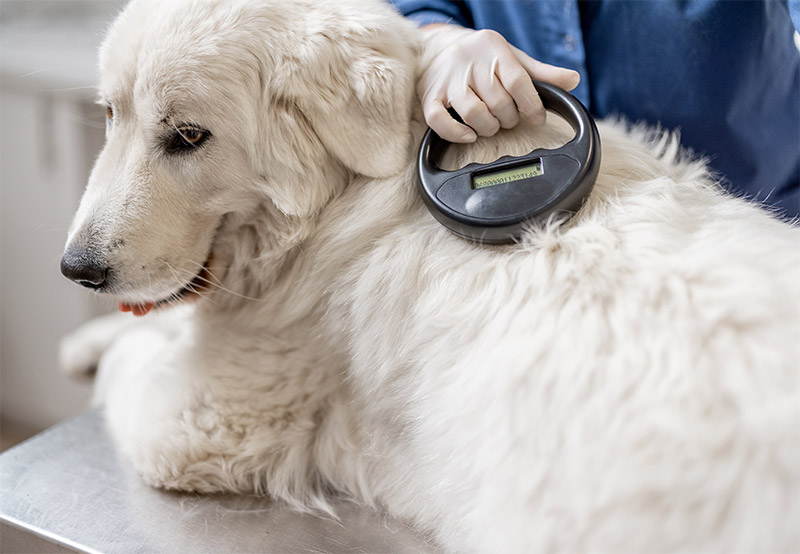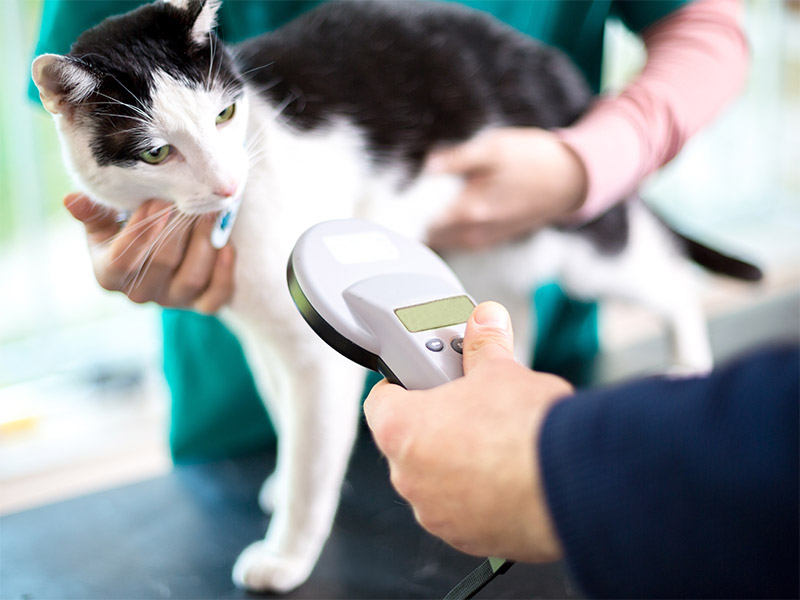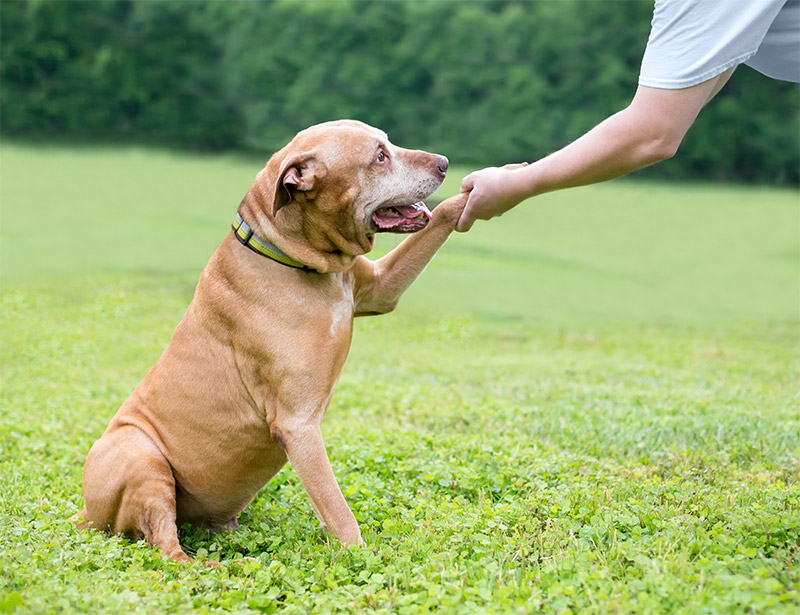Pet Microchipping FAQs: Ensuring Safety and Security For Your Pets
Microchipping has emerged as a vital tool in pet identification and safety, providing pet owners with peace of mind and a greater chance of reuniting with their beloved companions in case they get lost. As responsible pet owners, it’s crucial to understand the significance of microchipping and the common questions surrounding this essential practice. In this blog, we will delve into the FAQs about pet microchipping and highlight VetMedics Compounding Pharmacy’s commitment to pet care and safety.


What is Microchipping For Pets?
Microchipping involves the implantation of a tiny, electronic chip under the skin of a pet, typically between the shoulder blades. This chip contains a unique identification number that corresponds to the pet owner’s contact information in a national pet recovery database. When a lost pet is found, a microchip scanner can read the chip’s information, allowing the veterinarian or animal shelter to contact the owner and facilitate a reunion.
Microchipping: Frequently Asked Questions
Is microchipping painful for my pet?
Microchipping is a quick and virtually painless procedure that can be performed by a veterinarian during a routine office visit. The chip is injected using a hypodermic needle, similar to a routine vaccination. Most pets experience minimal discomfort, comparable to receiving a vaccination or having blood drawn.
Is microchipping only for dogs or can it be done on other pets too?
Microchipping is suitable for various companion animals, including dogs, cats, rabbits, ferrets, and even birds. It is an effective means of identification for any pet that may have the potential to become lost.

How does a microchip help reunite me with my lost pet?
When a lost pet is found, animal shelters, veterinary clinics, and other authorized agencies scan the pet using a microchip reader. If the pet has been microchipped, the unique identification number associated with the chip appears on the scanner’s display. This number allows them to access the pet owner’s contact information in the pet recovery database, enabling a swift reunion.
Can a microchip be tracked with GPS?
No, a microchip does not possess GPS tracking capabilities. Microchips are passive devices and can only be detected and read using specialized scanners. However, GPS collars and tags are separate devices that utilize global positioning systems to track your pet’s location.
Is it necessary to update my contact information if I move or change my phone number?
Absolutely! It is crucial to keep your contact information up to date in the pet recovery database associated with your pet’s microchip. If you move or change your phone number, contact the microchip registry to ensure your details are current, as it increases the chances of a successful reunion with your pet.

VetMedics Compounding Pharmacy: A Commitment to Pet Care and Safety
Microchipping is a simple yet crucial step towards ensuring the safety and well-being of our pets. By microchipping your pet and keeping your contact information updated, you significantly enhance the chances of a happy reunion if they become lost. VetMedics Compounding Pharmacy not only advocates for the well-being of pets but also provides innovative solutions to meet their unique healthcare needs.
By combining advanced pharmaceutical knowledge with a genuine love for animals, VetMedics Compounding Pharmacy continues to enhance the lives of pets and their owners, helping create a world where our furry companions can lead happy and secure lives. Contact us today to speak to one of our team members!
 ACCOUNT LOGIN
ACCOUNT LOGIN ACCOUNT SIGN-UP
ACCOUNT SIGN-UP





 CLINIC LOGIN
CLINIC LOGIN